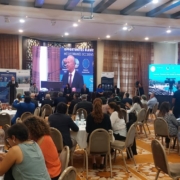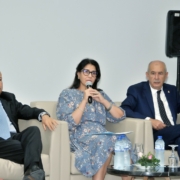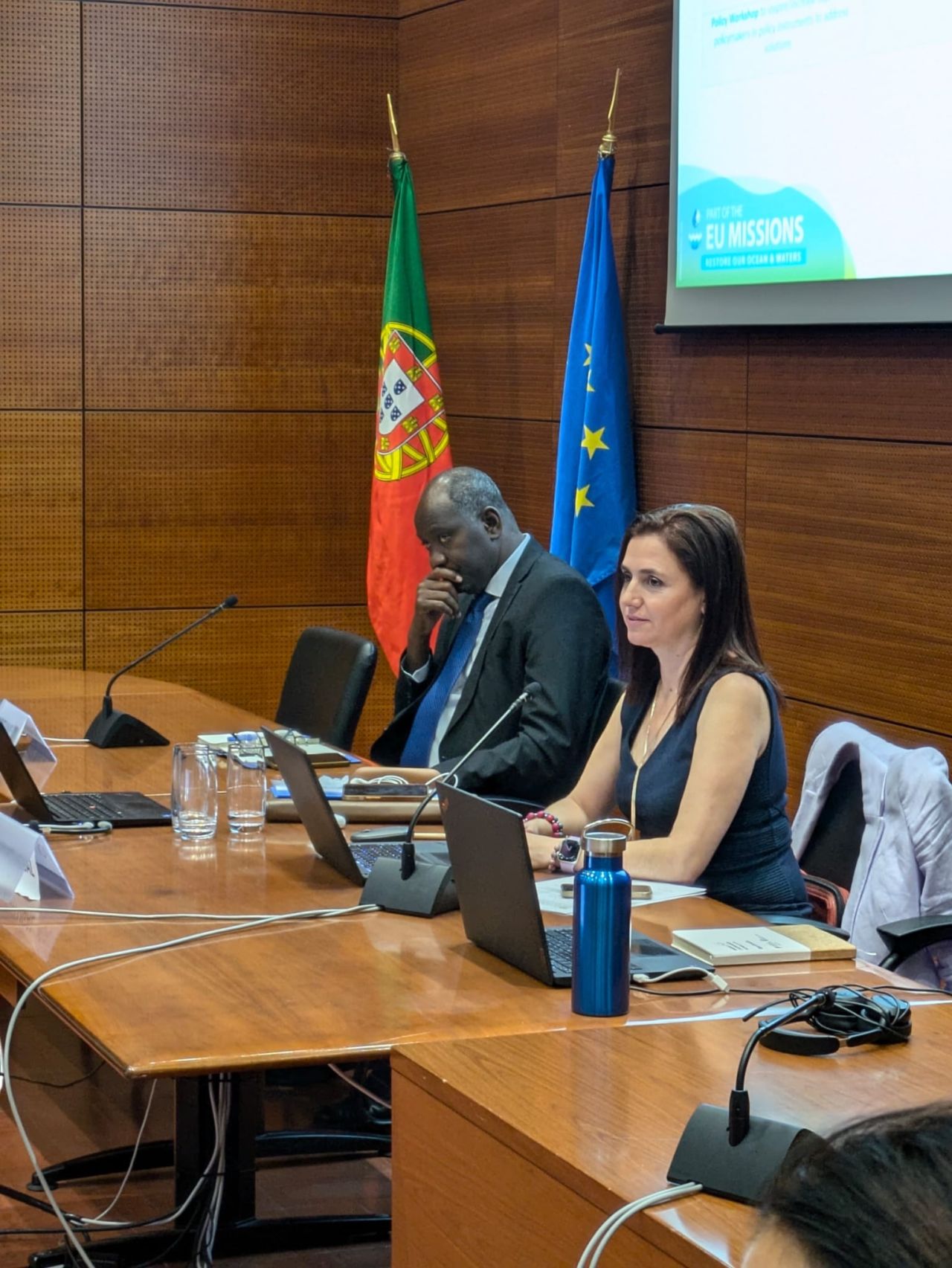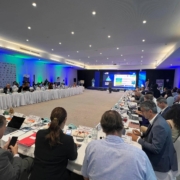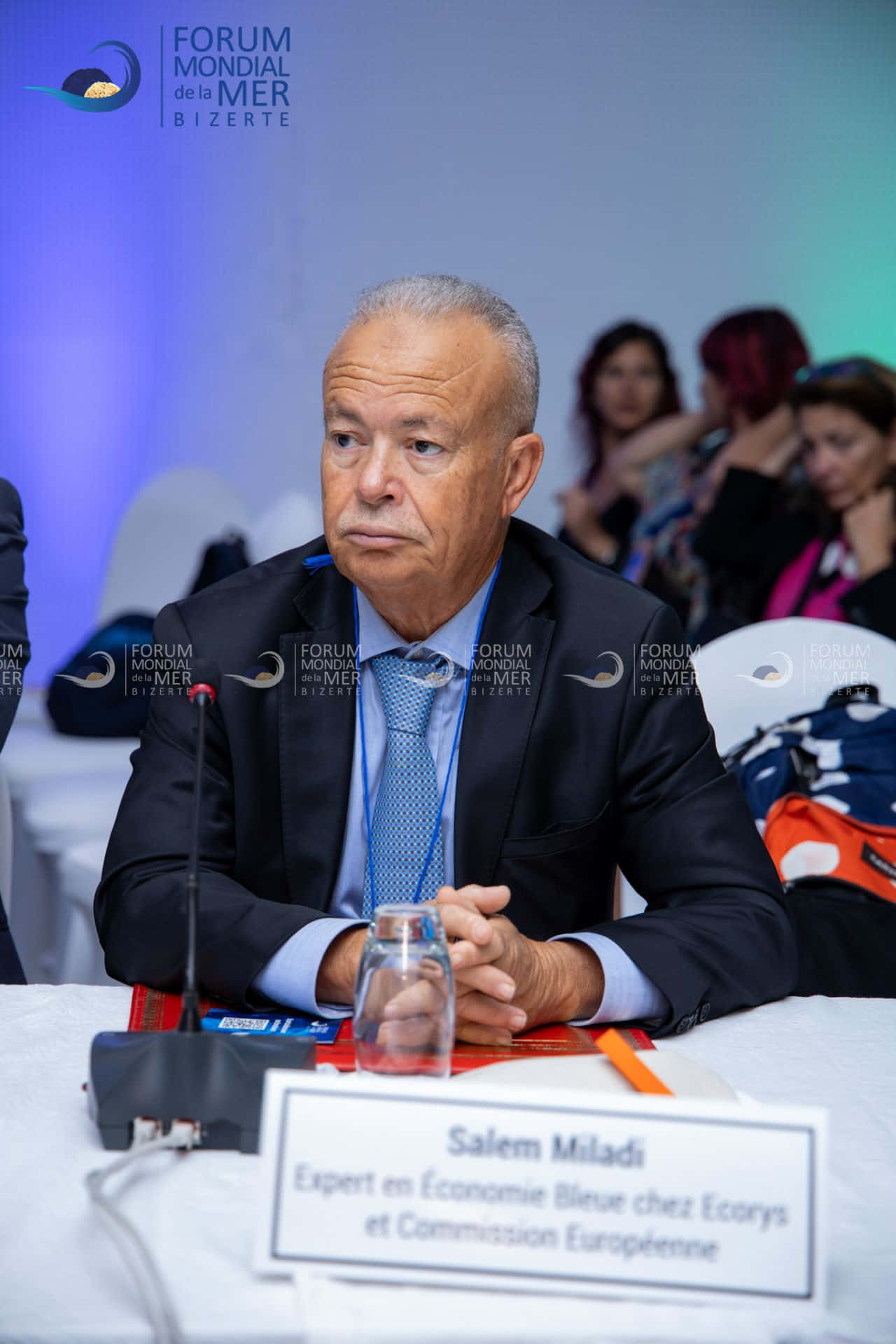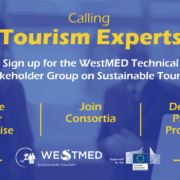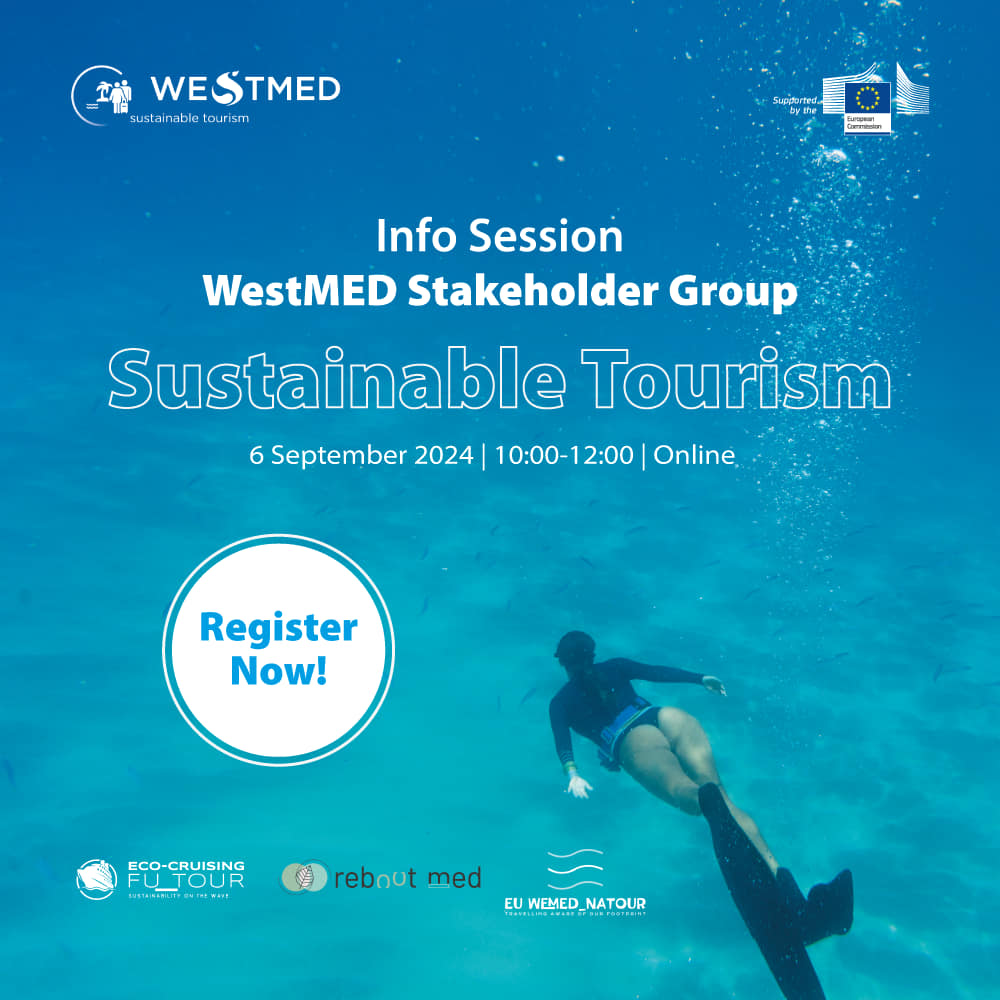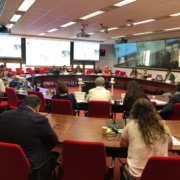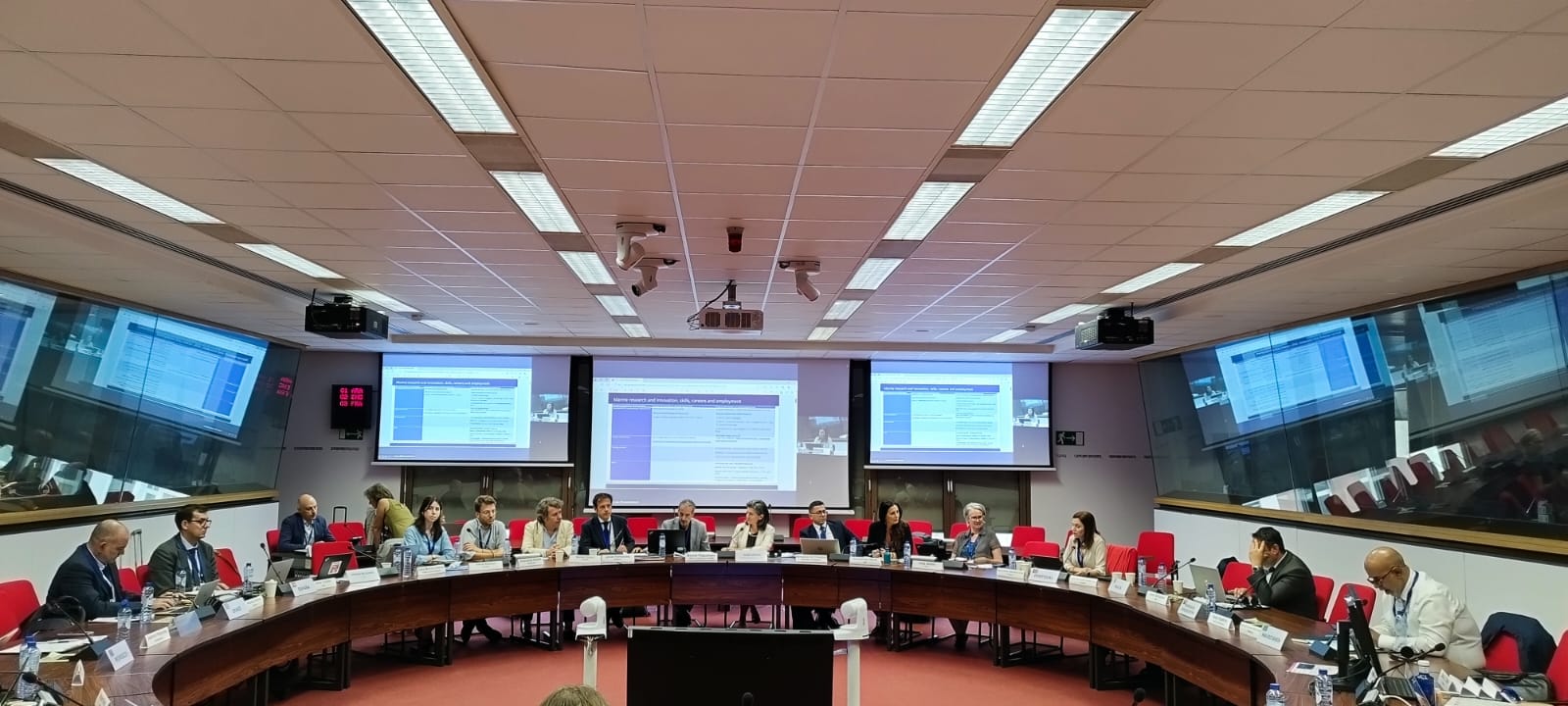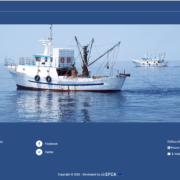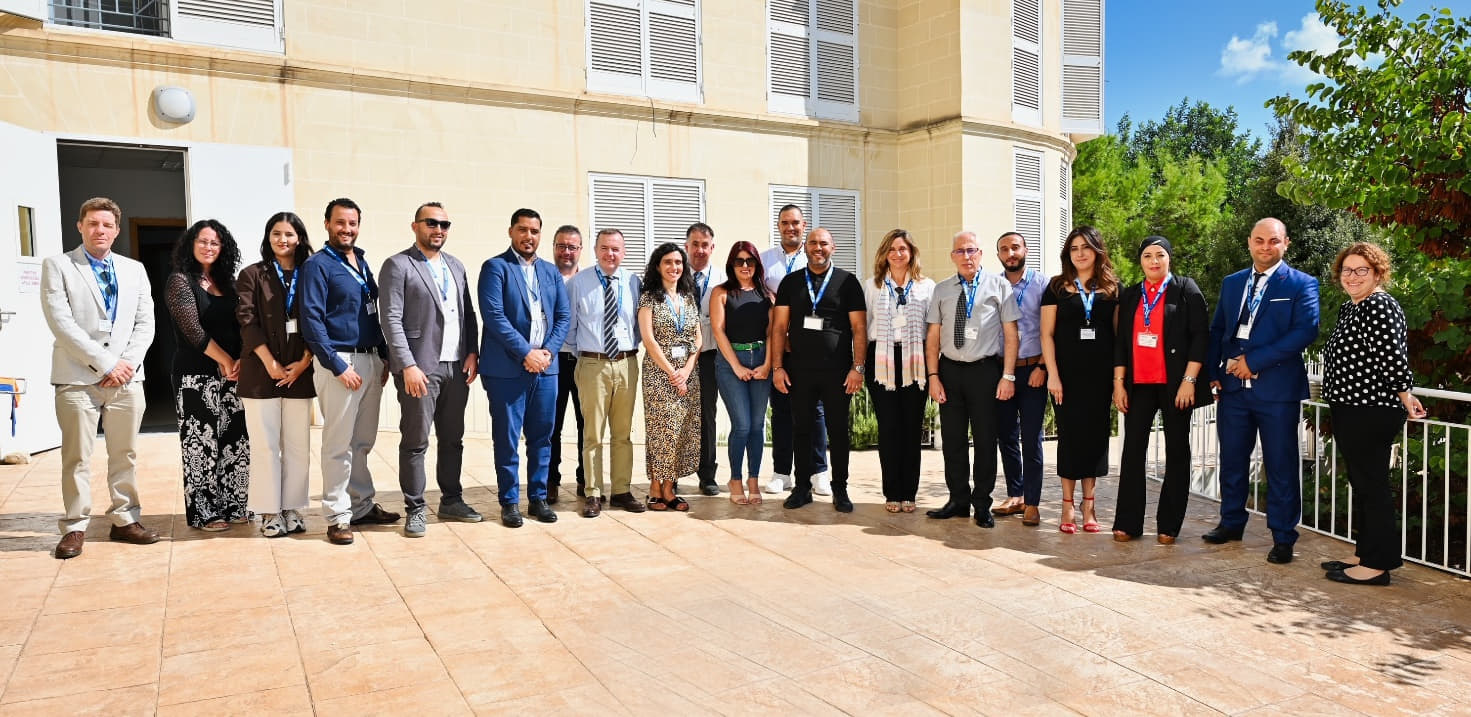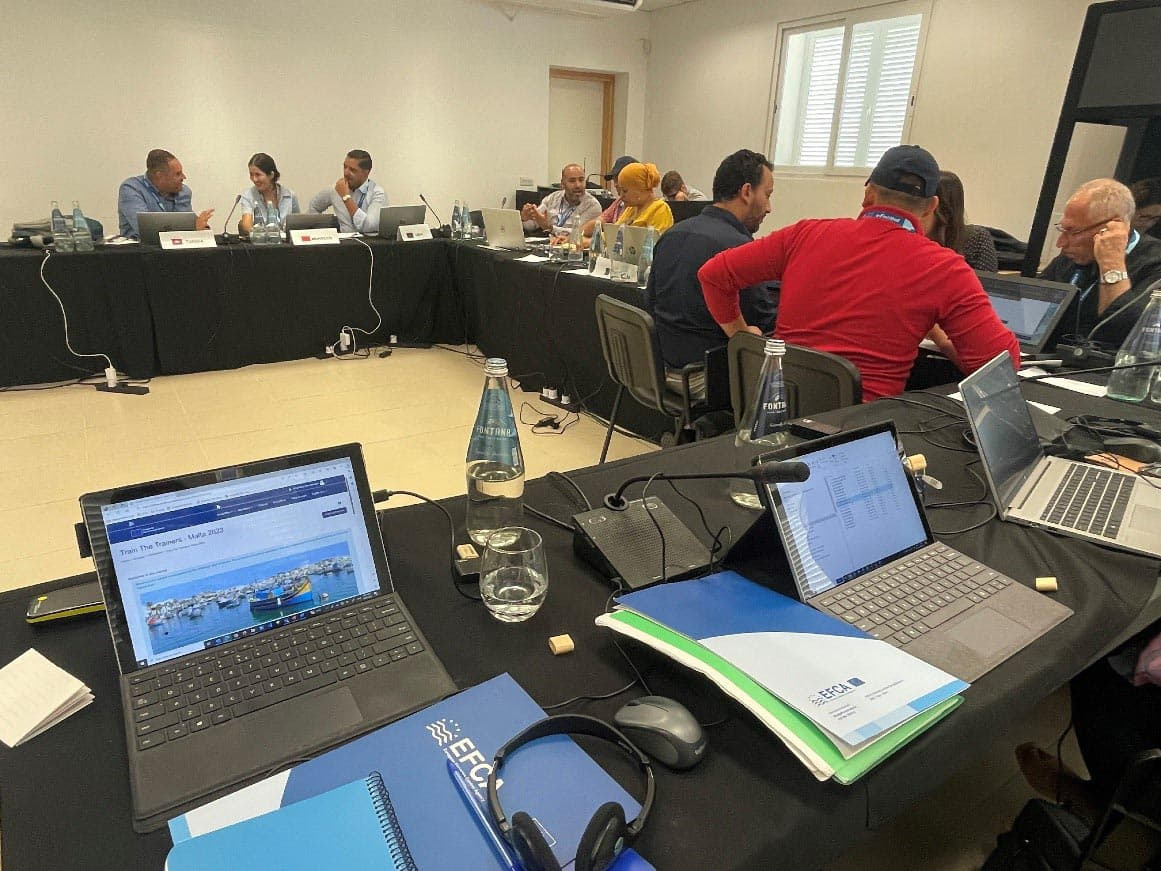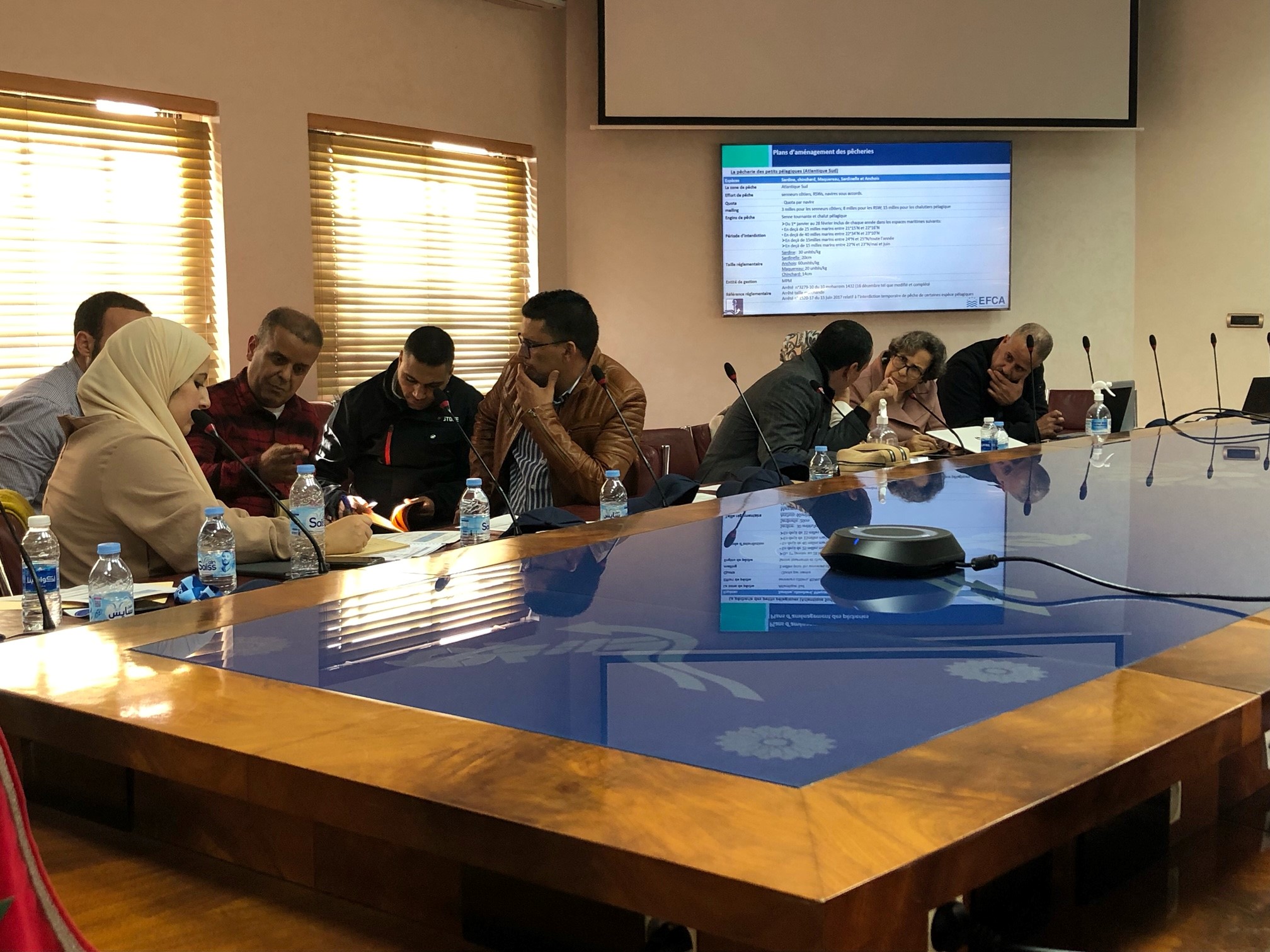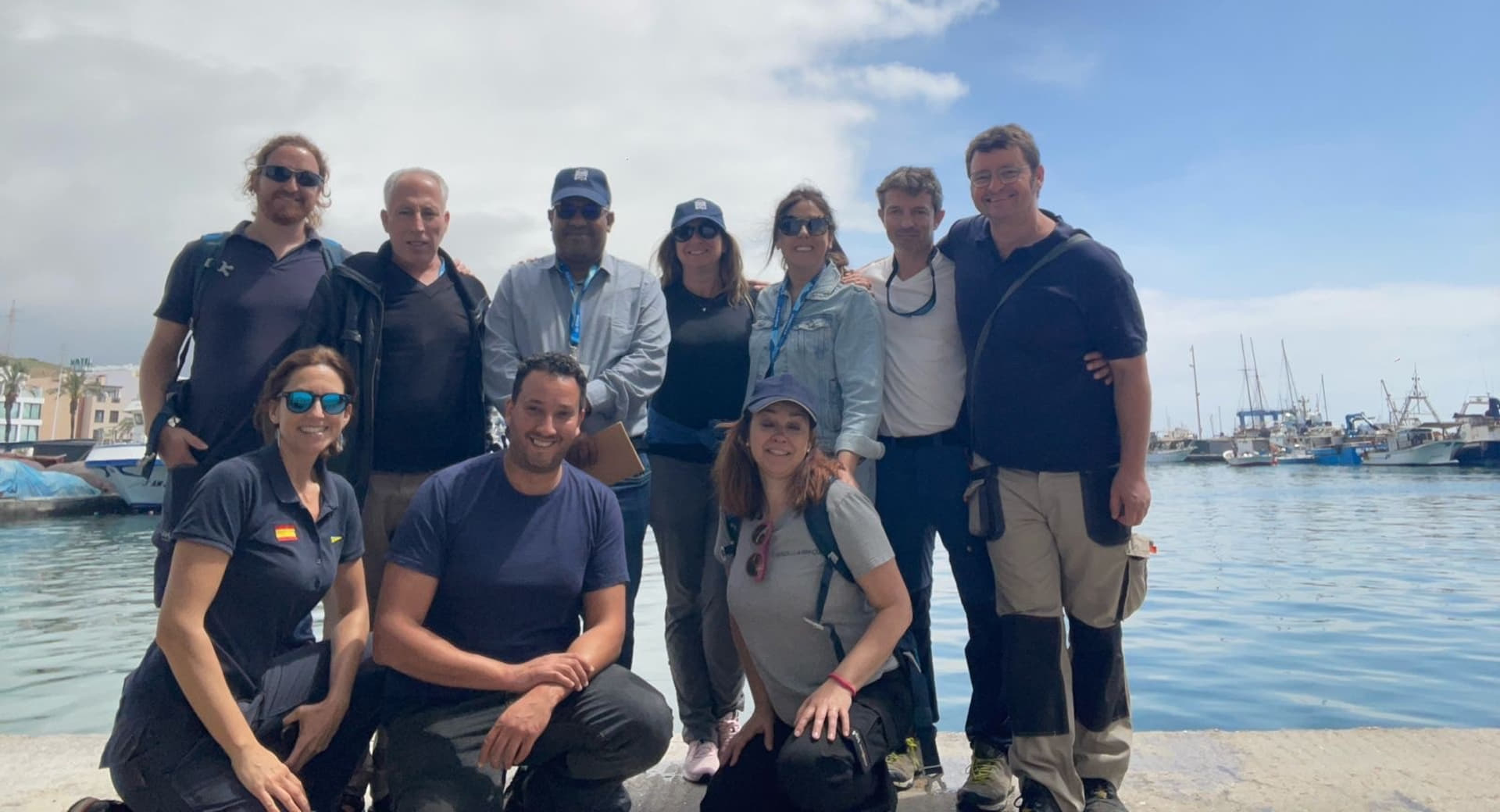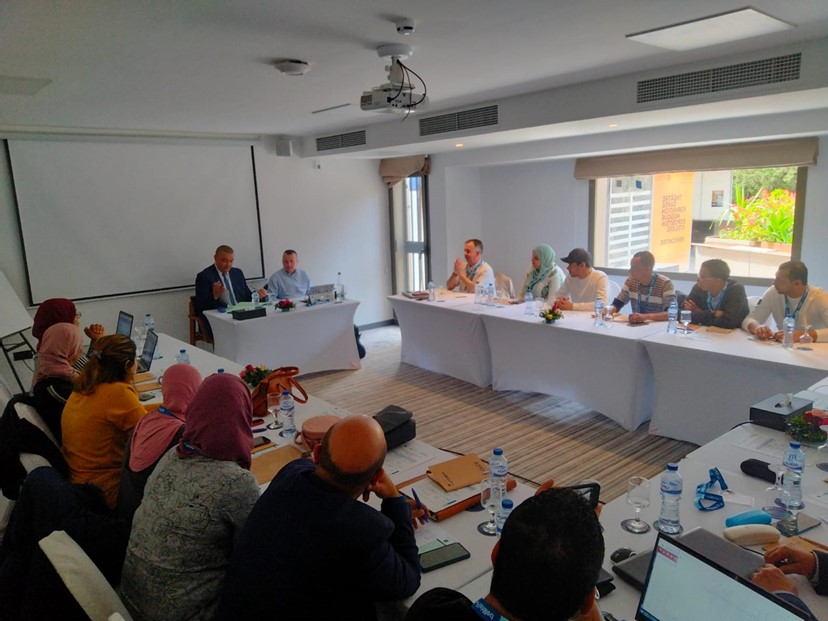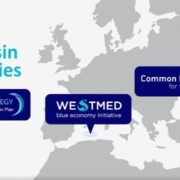WestMED, RebootMED et BlueMissionMED se réunissent à Tunis pour stimuler les efforts des parties prenantes en faveur d’une économie bleue durable
Le 4 novembre 2024, l’événement national WestMED en Tunisie sur l’économie bleue a été organisé en partenariat avec le projet REBOOTMED et le projet BlueMissionMed. L’objectif était de renforcer les synergies entre trois projets européens majeurs qui se concentrent sur le renforcement de l’économie bleue durable dans la région et de discuter des développements majeurs liés à des domaines spécifiques : le transport maritime grec, la pêche et l’aquaculture et le tourisme.
Cet événement a également été organisé en étroite collaboration avec le coordinateur national tunisien de l’initiative WestMED, le secrétariat général des affaires maritimes, le ministère du transport et le ministère de l’agriculture et de la pêche.
L’événement a réuni plus de 130 invités, dont la délégation de l’UE à Tunis, des responsables sectoriels impliqués dans les différents thèmes, des autorités nationales, des chercheurs, des universités et la société civile.
En ce qui concerne le transport maritime vert, la présentation de WestMED s’est concentrée sur les progrès de la Tunisie dans la mise en œuvre de la transition énergétique dans la flotte maritime tunisienne et l’adaptation de l’infrastructure portuaire à cette transition. Les discussions de l’atelier de l’après-midi ont mis en évidence la nécessité d’élaborer une feuille de route pour adapter les navires et les infrastructures portuaires aux nouvelles exigences réglementaires de l’OMI et de l’Union européenne.
Les participants ont insisté sur l’urgence de développer cette feuille de route, si l’on veut respecter les délais imposés par ces réglementations. La multitude de carburants alternatifs disponibles nécessite la collaboration des acteurs du transport et des ports maritimes pour faire de cette transition un succès avec un minimum d’effets négatifs.
Le deuxième thème abordé était le développement d’une aquaculture et d’une pêche durables et la nécessité d’utiliser de nouvelles technologies dans ce domaine, tout en préservant l’environnement et les écosystèmes. L’atelier a travaillé en quatre sous-groupes pour déterminer comment le secteur de la pêche et de l’aquaculture contribue à la réalisation de tous les objectifs de développement durable (ODD), ainsi que les mesures à prendre pour surmonter les difficultés et les défis qui entravent la réalisation des ODD dans ce secteur. (aperçu des résultats)
Le troisième thème était le tourisme durable. Le ministère du tourisme a présenté sa vision du tourisme 2035 (voir l’article de presse), ainsi que de nouvelles initiatives pour développer le tourisme durable, en particulier les itinéraires thématiques et l’organisation de gestion des destinations (DMO). Par ailleurs, le ministère de l’Environnement a présenté sa feuille de route pour l’économie bleue, détaillant les actions prioritaires à mettre en œuvre pour assurer un tourisme bleu durable. L’Observatoire du Sahel et du Sahara a également souligné la contribution de la comptabilité écosystémique du capital naturel. En clôture de la session sur le tourisme, l’Agence du Tourisme de Corse a présenté les bonnes pratiques adoptées par la région pour encourager la transition vers un tourisme durable et responsable.
Voici quelques-unes des principales recommandations issues de la discussion qui a suivi :
- UE : Allouer un financement spécifique au tourisme durable et donner la priorité aux pratiques vertes.
- Programmes et initiatives, y compris le nouveau groupe technique WestMED sur le tourisme durable : Améliorer la coordination des projets et des programmes, promouvoir le tourisme de nature tout au long de l’année et développer des cadres juridiques pour le pescatourisme.
- Implication régionale : Donner aux régions les moyens de définir et de mettre en œuvre des stratégies de tourisme durable.
- Partenariats public-privé : Renforcer les partenariats pour favoriser l’innovation, la résilience et l’adaptation au changement climatique.
Les participants représentant les secteurs public et privé, y compris l’Office national du tourisme tunisien, le ministère du tourisme mauritanien, la région sicilienne et la Chambre de commerce et d’industrie de CAP BON (TN), ont partagé leurs idées sur la façon dont ces recommandations s’intègrent dans leurs stratégies, en mettant l’accent sur la diversification des produits, le renforcement des capacités locales et la promotion du tourisme hors saison.
L’événement a souligné la nécessité d’une collaboration continue pour intégrer ces recommandations à travers la Méditerranée et un bon exemple de la façon dont trois initiatives de l’UE bleue peuvent regrouper leurs efforts collectifs pour aider à atteindre cet objectif.

